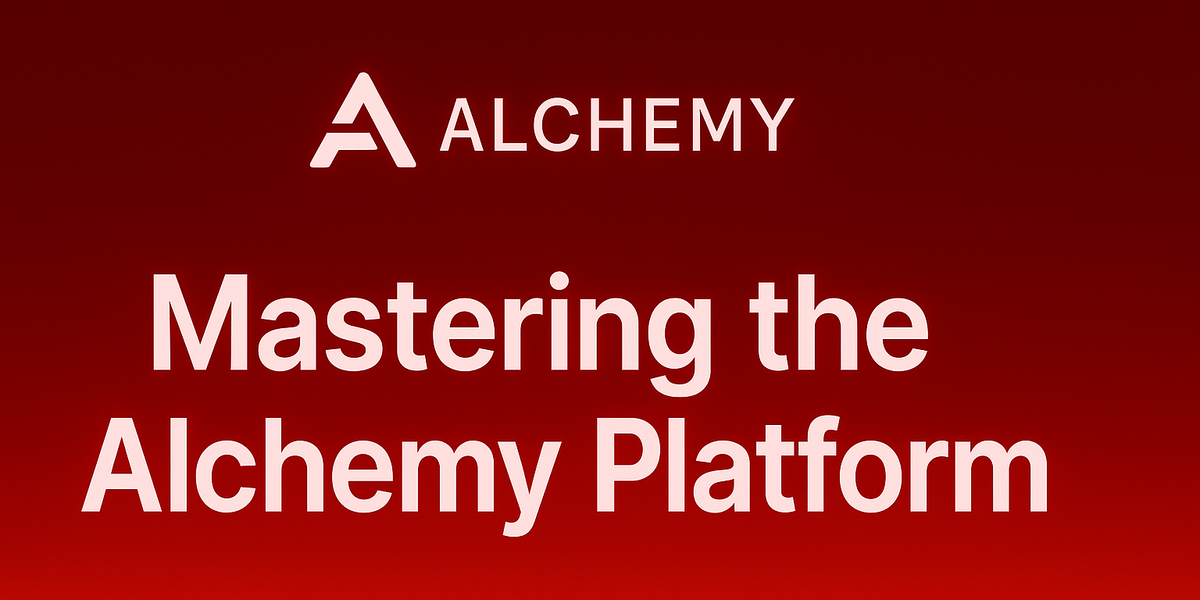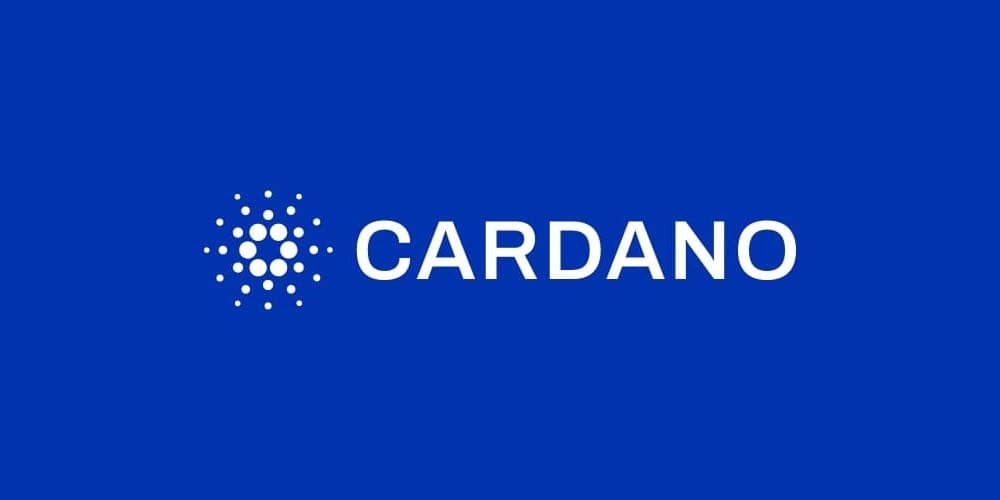Zero-knowledge cryptography is rapidly emerging as a transformative force in digital security and privacy. This cryptographic technique is especially crucial for blockchain applications, financial security, and identity protection in an increasingly decentralized world. With zero-knowledge proofs (ZKPs), individuals and organizations can verify critical information without exposing underlying data, ensuring privacy and enhancing trust in digital transactions. As Web3 adoption grows, zero-knowledge proof technologies will become indispensable for safeguarding sensitive information and maintaining robust data integrity.
How Zero-Knowledge Proofs Work
At its core, zero-knowledge proofs (ZKPs) establish trust by allowing one party to convince another of the truthfulness of a statement without divulging any actual information. This cryptographic principle finds widespread use in blockchain ecosystems, particularly through zk-SNARKs (Zero-Knowledge Succinct Non-Interactive Argument of Knowledge) and zk-STARKs (Scalable Transparent Argument of Knowledge), which enhance efficiency and prevent the exposure of confidential data. Traditional security mechanisms often rely on revealing part of the information to validate claims, whereas zero-knowledge proofs significantly improve data confidentiality while ensuring accuracy and verifiability.
Applications of Zero-Knowledge Cryptography
Zero-knowledge cryptography has far-reaching applications across various industries and continues to revolutionize critical domains. Some of the most notable use cases include:
- Blockchain and Web3 Privacy: ZKPs ensure that transactions in decentralized finance (DeFi) and cryptocurrency remain private while maintaining regulatory transparency. By enabling proof of ownership and asset verification without revealing identifiable user details, these cryptographic mechanisms establish a delicate balance between privacy and compliance.
- User Authentication: Authentication systems leverage ZKPs to validate user identities without disclosing sensitive credentials such as passwords. Implementing zero-knowledge-based access controls bolsters cybersecurity frameworks by minimizing exposure to breaches and unauthorized access.
- Selective Disclosure: Organizations and individuals employ ZKPs for privacy-preserving credential verification. For instance, financial institutions can confirm a user's income range without revealing specific salary details, ensuring secure yet efficient data validation.
- Supply Chain Integrity: Businesses rely on zero-knowledge cryptography to track inventory and authenticate product origins without disclosing sensitive supply chain policies. This enhances transparency without risking proprietary trade secrets.
- Voting and Governance: Electronic voting systems integrate ZKPs for secure, verifiable elections while preserving voter anonymity. This ensures a tamper-resistant electoral process that fortifies trust in digital governance structures.
- Healthcare Data Protection: Medical institutions use zero-knowledge proofs to verify credentials and medical records while maintaining patient confidentiality. This approach supports compliance with stringent privacy standards such as GDPR and HIPAA while improving security in telemedicine and digital health ecosystems.
Advantages Over Traditional Security Mechanisms
Zero-knowledge cryptographic approaches introduce fundamental breakthroughs in digital security compared to conventional security models. The benefits of ZKPs include:
- Enhanced Privacy: Unlike conventional cryptographic protocols such as digital signatures or encryption algorithms that require exposure of certain information, ZKPs allow data validation without revealing any underlying details.
- Scalability Improvements: zk-STARKs significantly optimize blockchain transaction efficiency by reducing verification complexity and computational overhead, paving the way for more scalable decentralized systems.
- Quantum Resistance: As quantum computing threatens traditional cryptographic security, zero-knowledge cryptography is widely regarded as an essential pillar of post-quantum security frameworks. By minimizing reliance on vulnerable cryptographic primitives, ZKPs fortify cybersecurity ecosystems against future threats.
Challenges and Future Developments
Despite its myriad advantages, zero-knowledge cryptography encounters several challenges, including high computational costs, intricate implementation requirements, and scalability concerns. For example, zk-SNARKs require a trusted setup, which introduces potential risks, while zk-STARKs, though eliminating this reliance, demand significant processing power for verification.
However, continuous advancements in cryptographic research aim to simplify and optimize ZKP frameworks, improving accessibility across industry verticals. Organizations such as NTT DATA, in collaboration with the World Economic Forum and Web3 research initiatives, continue to refine zero-knowledge proof technologies, paving the way for more autonomous, privacy-enhancing digital systems.
Conclusion
As the digital landscape evolves towards decentralization, zero-knowledge cryptography will play an increasingly vital role in securing personal data, financial systems, and enterprise authentication networks. Innovations in zk-SNARKs, zk-STARKs, and verifiable credentials will drive the mass-scale adoption of ZKPs across industries, from finance and healthcare to identity verification and decentralized governance. With ongoing research and strategic development, zero-knowledge proofs are set to redefine cybersecurity paradigms and underpin the future of trusted digital ecosystems.





Comments